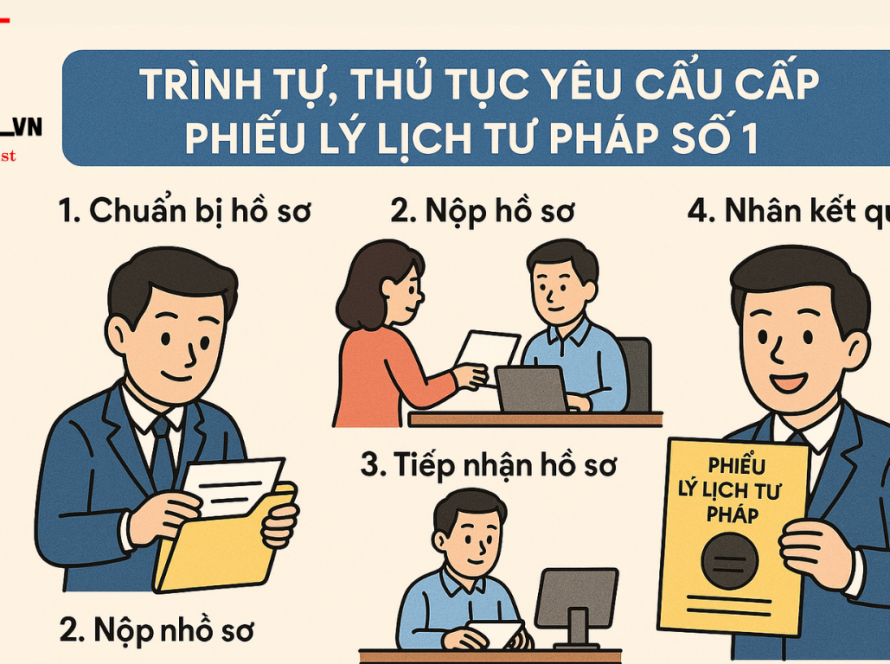An article reflecting the personal views of Lawyer Nguyễn Thanh Trung | HT Legal VN
“Following proper procedures is not about making things more complicated; it’s about respecting each other – acting in the right role, at the right place.”
In my legal practice, I have worked with a wide range of clients, from small businesses to major financial institutions. Most are professional and understand the principle of working through duly authorized representatives. However, there are still instances where I feel compelled to speak up—not to criticize, but to reaffirm a seemingly simple yet frequently overlooked principle: Respect the procedure of working through legal representatives.
1. When the “authorized person” misunderstands their own role
Recently, some personnel from a financial institution contacted my client directly, even though they were fully aware that a valid power of attorney had been granted to me as the lawyer. What’s more concerning is that when reminded of the principle of working through a legal representative, one of them responded:
“Why should I go through a lawyer or authorized representative? I speak directly with the client—it’s my job.”
Yet the answer lies in their own reasoning: they themselves are working on behalf of the credit institution under a mandate from the bank’s general director. So why deny the representation rights of others? There cannot be two standards under one rule—one for oneself and one for others.
2. Power of attorney is not a formality – it’s a legal responsibility
When a client grants power of attorney to a lawyer, all communications and actions related to obligations, loans, or disputes must go through the authorized representative. Even beyond legal obligations, this is simply a matter of professional conduct.
Deliberately bypassing or avoiding the authorized representative constitutes a procedural violation and may result in legal consequences if miscommunications, omissions, or errors occur.
This professional standard is consistently upheld when lawyers or authorized representatives deal with courts, procuracies, people’s committees, tax authorities, or any other competent state agencies. All of them respect and work through the mechanism of power of attorney, except for procedures that legally require the principal’s direct involvement.

The larger the institution, the more crucial it is for its personnel to act professionally: stay in the correct role – speak within proper authority – behave in accordance with the law.
3. Professionalism is shown in the smallest of details
I never choose confrontation, nor do I engage in legal wordplay. But when core principles are disregarded and the role of the legal representative is undermined, a reminder is necessary:
A lawyer has no power to compel others—but does have the duty to uphold the law and respect fairness.
Respecting the authorized representative is also a way of protecting yourself and your institution. That is professionalism—not bureaucracy, and certainly not something to be resented.
Every profession must be grounded in seriousness
The difference between a successful transaction and a legal complication sometimes lies in just one attitude: whether you respect the procedure or not. Working seriously, with the right people – in the right roles – under the right responsibilities, is the only way to preserve integrity for both individuals and organizations.
A lawyer stands in the middle—not siding with anyone—except for the law, fairness, and truth.
Legal Consultation – Corporate Legal Matters, Credit Contract Disputes, Debt Resolution
We are pleased to welcome our valued customers at the following address:
Lawyer Nguyen Thanh Trung or HT LEGAL VN LAW FIRM
Office 1: 37/12 Alley 602 Dien Bien Phu Street, Ward 22, Binh Thanh District, Ho Chi Minh City (next to Ward 22 People’s Committee)
Office 2: 207B Nguyen Phuc Chu Street, Ward 15, Tan Binh District, Ho Chi Minh City
Office 3: No. 5 Lane 252/115 Tay Son Street, Trung Liet Ward, Dong Da District, Hanoi Capital
Email: [email protected] Hotline: 0961614040 – 0922224040 – 0945174040






